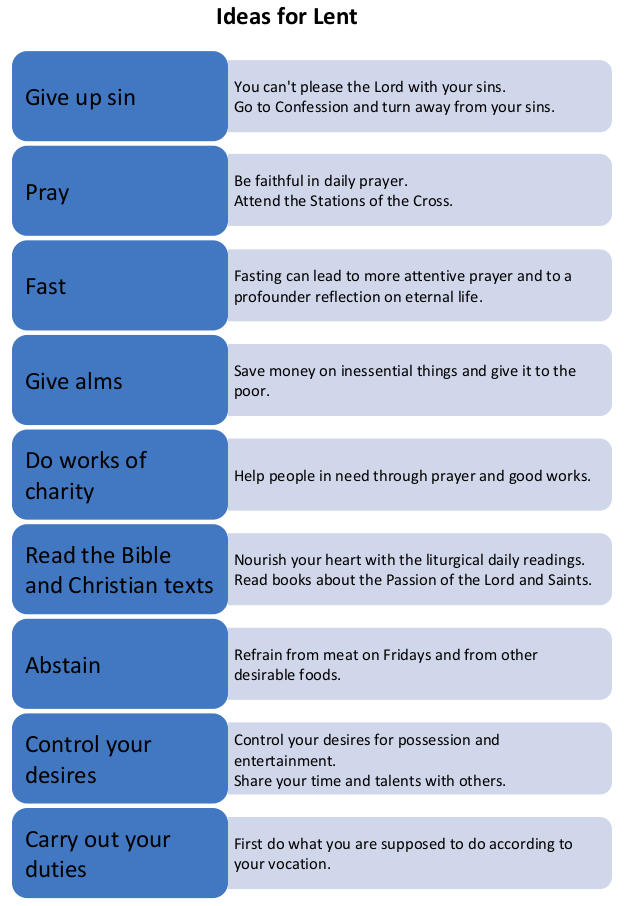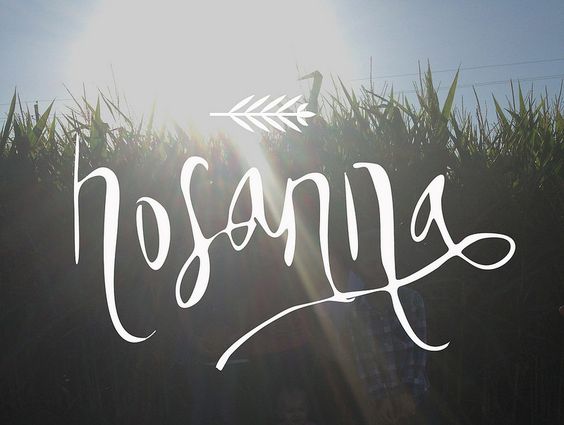The Blessed Virgin Mary is honoured under various titles. Among them we venerate the Holy Mother of God as the Queen of the Most Holy Rosary whose memorial is held every year on October 7th. We have just begun the month of October that is a Marian month dedicated in a special way to Our Lady of the Holy Rosary.
Every day numerous people throughout the world pray the Rosary. It is a good opportunity to refresh some information about this well-known prayer. According to pious tradition, in 1214 the Rosary was given to Saint Dominic, the founder of the Dominican Order, by the Blessed Virgin when she appeared to him. That scene is depicted in one of the stained glass windows in our church. Dominican Friars have become faithful promoters of the Rosary.
The next force that helped to make this simple prayer more widespread was the influence of Pope Leo XIII who was called the Rosary Pope. He issued 12 encyclical and 5 apostolic letters on the Rosary, instituted the custom of daily Rosary prayer in the month of October and added the invocation Queen of the Most Holy Rosary to the Litany of Loreto.
Traditionally, the Rosary contained 3 groups of mysteries: joyful, sorrowful and glorious, on which the faithful reflected on the 15 events of Jesus’ and Mary’s lives. In 2002, Pope St. John Paul II recommended an additional group called the Luminous Mysteries to the 15 Rosary mysteries, so now we have 20 mysteries of the Rosary. Many saints and pious people recommended praying the Rosary daily, called the Rosary a spiritual weapon against temptations and a powerful help for souls in Purgatory.
I would like to highlight two celebrations this week:
Tuesday, Memorial of St. Faustina Kowalska. She was born in 1905 and at the age of 20 she enrolled in the Congregation of Sisters of Our Lady of Mercy. She recorded her spiritual journey along with her account of the apparitions of Jesus Merciful at the order of her confessor, Father Michael Sopoćko. She became an apostle of Divine Mercy. She was canonized by Pope St. John Paul II in 2000.
Thursday, Memorial of Our Lady of the Rosary. In 1571, Pope Pius V established the feast of Our Lady of Victory to commemorate the victory over the Ottoman navy at the Battle of Lepanto. 2 years later, Pope Gregory XIII changed the title of the feast to the feast of the Holy Rosary. In 1716, Pope Clement XI extended the feast to the universal Church and in 1960, Pope St. John XXIII changed the title to the feast of Our Lady of the Rosary.
God bless,
Fr. Peter


